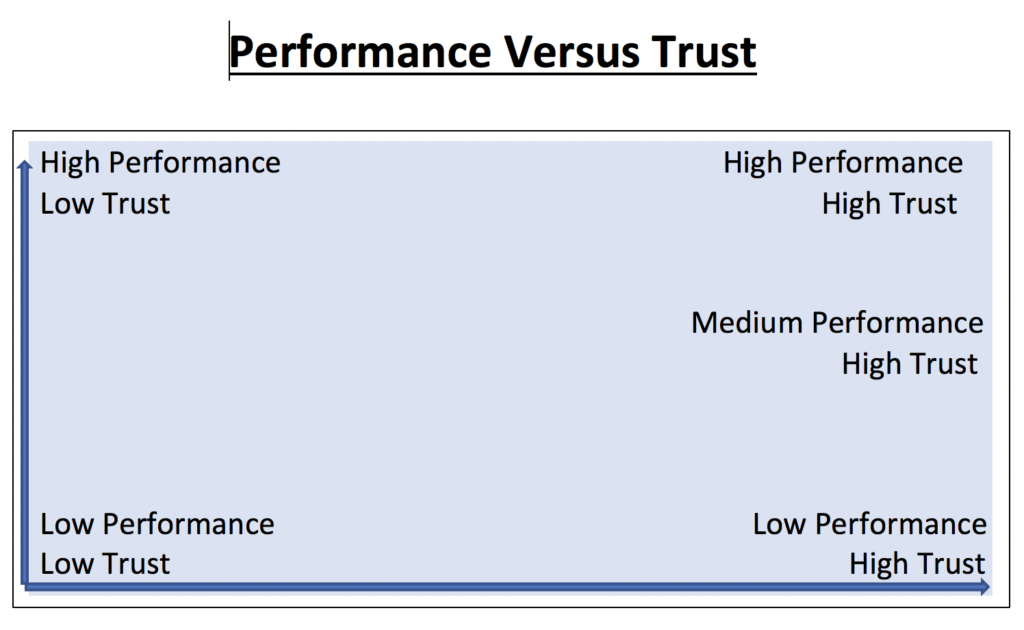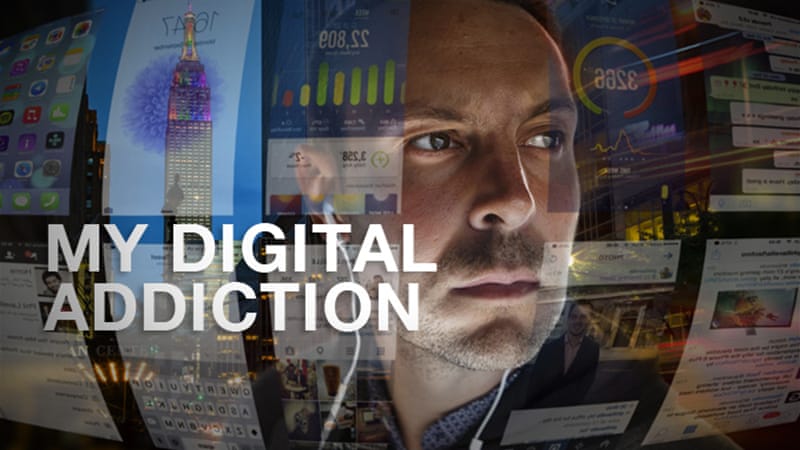Podcast: Play in new window | Download (Duration: 18:29 — 25.4MB) | Embed

The courage to lead is a willingness to take risks for the good of an unknown future. The risks are REAL! It is much easier to tinker with the monthly, quarterly, and annual financial reports, but to make decisions with an eye to the distant future is a lot more difficult. Such decisions may cost you dearly in the short-term. It may even cost jobs and revenue.
The courage to lead means that we will operate our enterprise at a higher standard than mere law – we will obey a higher standard of ethics. What happens when we are pressured to violate that ethical standard. It takes courage to speak up and offer direction that is counter to the current business standards.
Courage to lead in the Infinite Game is all about the actions that we take. There must be a willingness to completely revision how the world operates. To illustrate this fact consider CVS and their decision to stop selling cigarettes.
Hanging in the lobby of the corporate offices is the motto for the company; “Helping people on their path to better health.” This motto was revered and lived out from the e-suite to the lowest level employee. However at the conclusion of a strategy meeting someone stated the elephant in the room, “Don’t we sell cigarettes in our stores?” In February 2014 CVS made the decision to stop selling cigarettes in all stores. This set off a chorus of loud Wall Street voices announcing the end of CVS. Facing a loss of $2 billion, it was assumed this revenue would go to other stores. However, there was a down-turn in total revenue sells in the states where CVS operated. The their shares of stock took an initial hit, they bounced back stronger that prior to their decision.
How do we find the courage to lead?
Simon Sinek offers two (2) possibilities.
- We can wait on a life altering event that shakes us to the core of our being and challenges us on how we are living our daily lives.
- We can awaken ourselves to the possibility of a just cause and surround ourselves with like-minded people. Identifying worthy rivals that challenge us and pushes us to higher level of excellence.
When you consider that humans are messy and imperfect, understand there is no perfect model of an infinite minded company or leader for that matter. Even when we make strides to live out the infinite minded game, we can falter and slide into the finite game. This is where it takes courage to lead and recognize that we have strayed from our purposes. Courage is required to get back on the pathway of our Just Cause.
Let’s get real for just a moment. Our lives are finite, but life is infinite! We truly are finite players in an infinite game called life. We are born and we die, yet life continues with us or without us. We win and we suffer loss, but we get back in the game because there is always tomorrow or next season. No matter how much money we make, no matter how much power we acquire, no matter how many promotions we obtain, none of us are declared the winner of life!
So in this final episode of examining the Finite versus the infinite perspective, take some time to evaluate the infinite perspective in your family, faith work, career, and friendships to see if you have lost sight of the long view in life. Make the corrections and have the courage to lead no matter how loud the voices are around you. Stay true to the higher ethic, your guiding north star!
LINKS
Shepherds Advantage Leadership Podcast is now on iTunes – SUBSCRIBE
Shepherds Advantage Leadership Podcast is now on Stitcher – SUBSCRIBE
FREE GIFT – “Servant Leadership Questions” – Click on the icon at the bottom of the page
Executive Coaching Service– Private message me for details on this customizable service
Game Theory Resource Books
Game Theory for Business by Paul Papayoanou
Finite and Infinite Games by James Carse
The Infinite Game by Simon Sinek
List of Games in Game Theory – https://en.wikipedia.org/wiki/List_of_games_in_game_theory
Q&A – Contact me at ShepherdsAdvantage@gmail.com
Music: “Gratitude Mood” by David Arivett. You can learn more about his music by clicking on his name. THANKS DAVID!










